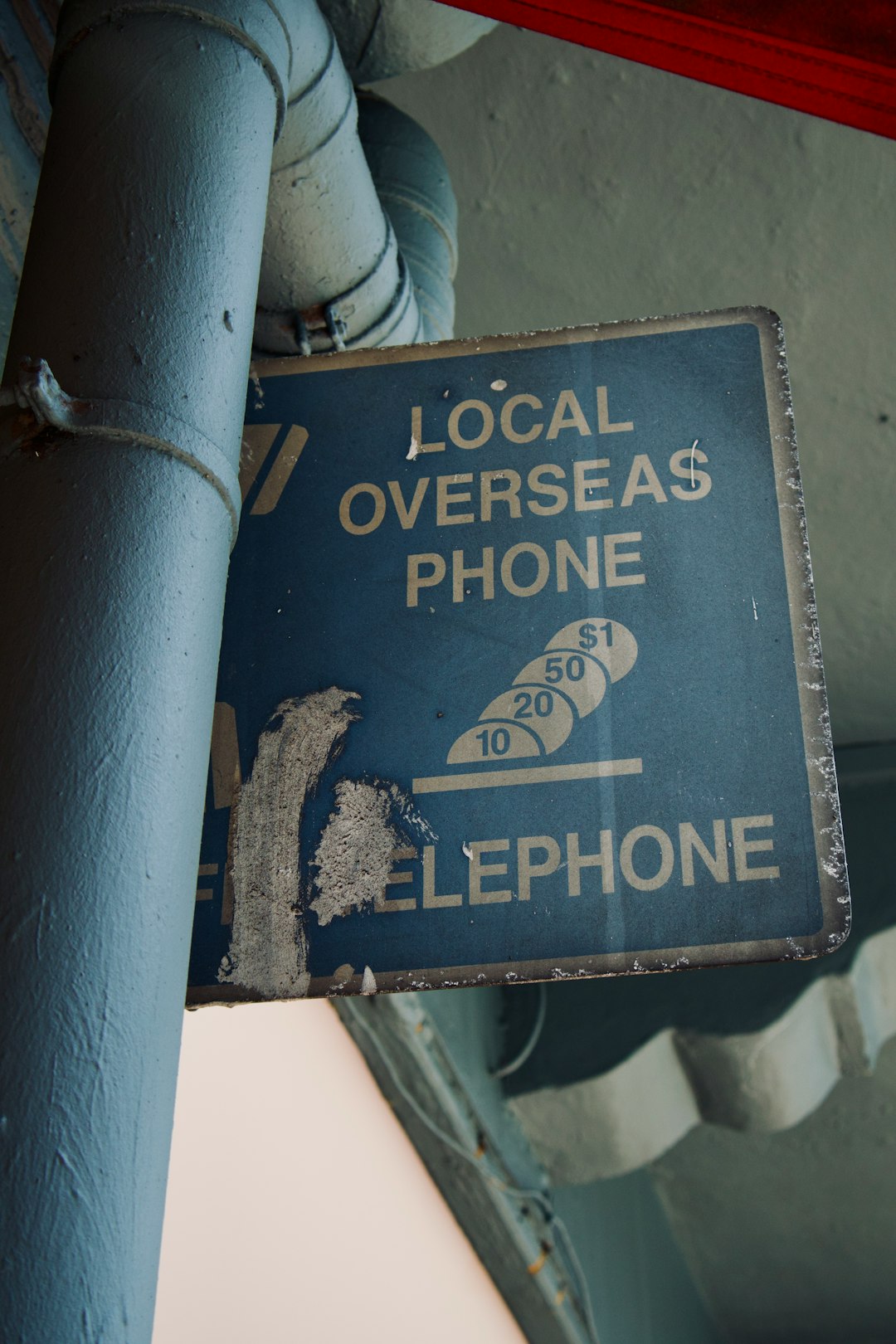Arkansas schools are combating the growing issue of text spam and robocalls through a multi-faceted approach. They're educating students about risks, implementing blocking measures, and collaborating with local robocall lawyers and spam call law firms to enroll in Do Not Call lists and use advanced tech. State laws like the Arkansas Telemarketing Act (ATA) and federal acts like the TCPA provide protections, with substantial penalties for violators. By combining legal expertise, technology, and education, schools are creating safer learning environments and empowering students to protect their privacy from unwanted calls and texts. Robocall lawyers in Arkansas play a crucial role in navigating complex laws and providing tailored solutions to mitigate spam, ensuring students can focus on education without disruptions.
Arkansas schools are facing a growing challenge from text spam and robocalls, disrupting educational environments and invading student privacy. This article delves into the pervasive issue of unsolicited text messages targeting academic institutions and explores effective strategies to combat this modern nuisance. We examine Arkansas’s legal framework, including its strict robocall and spam call laws, and highlight the crucial role a specialized robocall lawyer in Arkansas can play in safeguarding students’ rights. Additionally, we offer insights into empowering parents, students, and schools with tools like Do-Not-Call lists to mitigate unwanted texts.
Understanding Text Spam and its Impact on Arkansas Schools

In the digital age, Arkansas schools face a unique challenge in the form of text spam, or unsolicited bulk messages, delivered via mobile phones. These robocalls and automated texts can disrupt classroom activities, disturb students’ learning environment, and infringe upon privacy. Many times, these spam calls originate from law firms or call centers promoting various services, which can be particularly problematic when targeted at minors. The impact is significant; it not only causes distraction but also raises concerns about the potential exposure of sensitive student information.
Arkansas schools are navigating this issue by educating students and staff about the risks associated with text spam and implementing measures to block or filter such calls. With the support of local robocall lawyers and attorney firms specializing in Arkansas’ Spam Call laws, schools can now take proactive steps. These include enrolling in Do Not Call lists, utilizing call-blocking technologies, and empowering students to be vigilant about their privacy. By combining legal expertise with technological advancements, Arkansas schools are fighting back against text spam, ensuring a safer and more focused learning atmosphere for all students.
The Legal Landscape: Robocall and Spam Call Laws in Arkansas

In Arkansas, the legal landscape surrounding robocalls and spam calls is regulated by state and federal laws designed to protect consumers from intrusive and unwanted communication. The Arkansas Telemarketing Act (ATA) prohibits telemarketers from making robocalls or using automatic dialing-recording devices (ADRs) without prior express consent. This law extends to text messages, making it illegal for businesses or individuals to send unsolicited texts advertising products or services. Furthermore, Arkansas has adopted the federal Telephone Consumer Protection Act (TCPA), which offers additional safeguards against unwanted calls, including those made via automated means.
Individuals or firms found violating these robocall and spam call laws in Arkansas can face significant penalties, including treble damages and attorney fees. If you’re experiencing an influx of unwanted text messages from robocall lawyers or other commercial entities, it’s advisable to consult a local robocall lawyer or spam call attorney in Arkansas who can guide you through your rights and options under the state’s Do Not Call laws and help you take necessary legal action.
Strategies to Combat Unwanted Texts for Students and Educators

Arkansas schools and their students face a modern-day nuisance in the form of unsolicited text messages, or robocalls, which can disrupt educational environments. To combat this growing issue, both educators and students can employ several effective strategies to minimize the impact of these unwanted calls. One approach is to educate students about the potential risks and consequences of responding to such messages, fostering digital literacy skills that help them recognize and avoid malicious intent.
Additionally, partnering with reputable robocall lawyer or spam call law firm Arkansas can provide crucial legal guidance and protection under the state’s robocall laws. These professionals can assist in implementing do not call policies and ensuring compliance with relevant regulations. By combining awareness, education, and legal measures, schools can create a safer digital environment for students, fostering a more productive learning experience free from intrusive text spam.
Role of a Robocall Lawyer in Arkansas: Solutions and Representation

In Arkansas, the role of a Robocall Lawyer is pivotal in combating the growing issue of text and call spam targeting schools and students. These lawyers specialize in navigating the complex web of state and federal robocall laws, such as the Telephone Consumer Protection Act (TCPA), to offer effective solutions against unwanted communications. They work with Arkansas schools to implement robust anti-spam measures, ensuring compliance with legal standards while protecting students from invasive messaging.
A robocall attorney in Arkansas can provide crucial representation for institutions and individuals suffering from text spam. They can help draft and enforce do not call policies, offer guidance on blocking and filtering technologies, and represent clients in cases against violators of spam call laws. By leveraging their expertise in the field, these lawyers foster a safer digital environment within Arkansas schools, empowering students and educators to focus on education without constant interruptions from unwanted text messages.
Empowering Parents, Students, and Schools: Do-Not-Call Lists and Enforcement

In the fight against text spam, empowering parents, students, and schools is a crucial step. One effective tool is the Do-Not-Call list, which allows individuals to register their phone numbers and block unwanted robocalls and spam texts. Arkansas residents can take advantage of these lists and also report suspicious or harassing calls to local authorities. By involving schools, students can learn about digital citizenship and the importance of privacy settings, empowering them to protect themselves online.
Additionally, a robust legal framework is essential. A robocall lawyer in Arkansas or a spam call attorney can help draft and enforce spam call laws. These professionals can guide schools and parents on how to navigate the do not call law firms and ensure compliance with state regulations. Engaging with local legal experts specialized in these areas can create a safer digital environment for everyone involved, deterring spammers and providing recourse when necessary.






